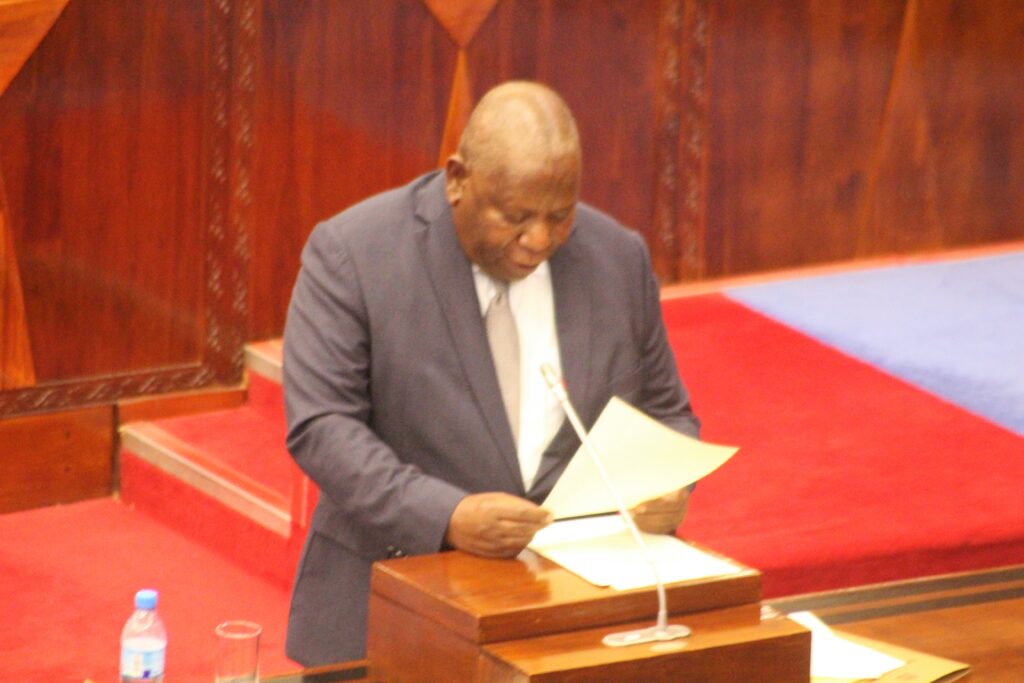Dodoma. The Parliamentary Budget Committee in Tanzania has highlighted that the country is not receiving funding from international environmental funds due to various issues, including the integration of these funds into the general government budget, creating uncertainty about whether they will actually be allocated to environmental projects.
Oran Njeza, Chairman of the Parliamentary Budget Committee, presented these concerns over the weekend while delivering the committee’s report on the proposed National Development Plan for the 2025/26 fiscal year, as well as the guidelines for preparing the government’s budget for 2025/26.
Njeza pointed out additional reasons why Tanzania has been unable to secure financing from international environmental funds. One significant barrier is that the National Environmental Fund’s board only serves an advisory role rather than an operational one.
According to Njeza, the fund is housed within the Environment Department in the Vice President’s Office, rather than under a dedicated agency or authority, which goes against the international requirements for accessing these funds.
Further compounding the issue is the fact that the fund’s money is included in the main government budget, leading to uncertainties about its allocation to environmental initiatives.
The fund also lacks a reliable source of revenue and is constrained by an inadequate number of staff due to its organizational structure.
“The committee urges the government to review the management structure of the fund and to establish a sustainable source of financing for the Environmental Fund. Environmental issues are no longer just a risk; they have become a crisis,” Njeza emphasized.
The committee also recommended that the government consider allocating at least one percent of revenue generated from carbon trading to the Environmental Fund.
This could provide a steady source of funding for the environmental initiatives crucial to addressing the country’s climate challenges.
Moreover, the committee advised government officials to initiate projects that could attract financing from international funds dedicated to supporting developing countries in climate adaptation, mitigation, and environmental conservation efforts.
This call to action comes at a critical time as Tanzania faces increasing environmental challenges that require urgent attention and sufficient funding to mitigate the adverse effects of climate change.
The committee’s recommendations are seen as steps toward ensuring Tanzania can effectively access international resources to support its environmental initiatives and build resilience against climate-related disasters.



The quality of your work here is outstanding. The design and writing style are both impressive. There’s a unique flair in your approach, and I’ll definitely return to see what else you have to offer.
Официальный Telegram канал 1win Casinо. Казинo и ставки от 1вин. Фриспины, актуальное зеркало официального сайта 1 win. Регистрируйся в ван вин, соверши вход в один вин, получай бонус используя промокод и начните играть на реальные деньги.
https://t.me/s/Official_1win_kanal/1321